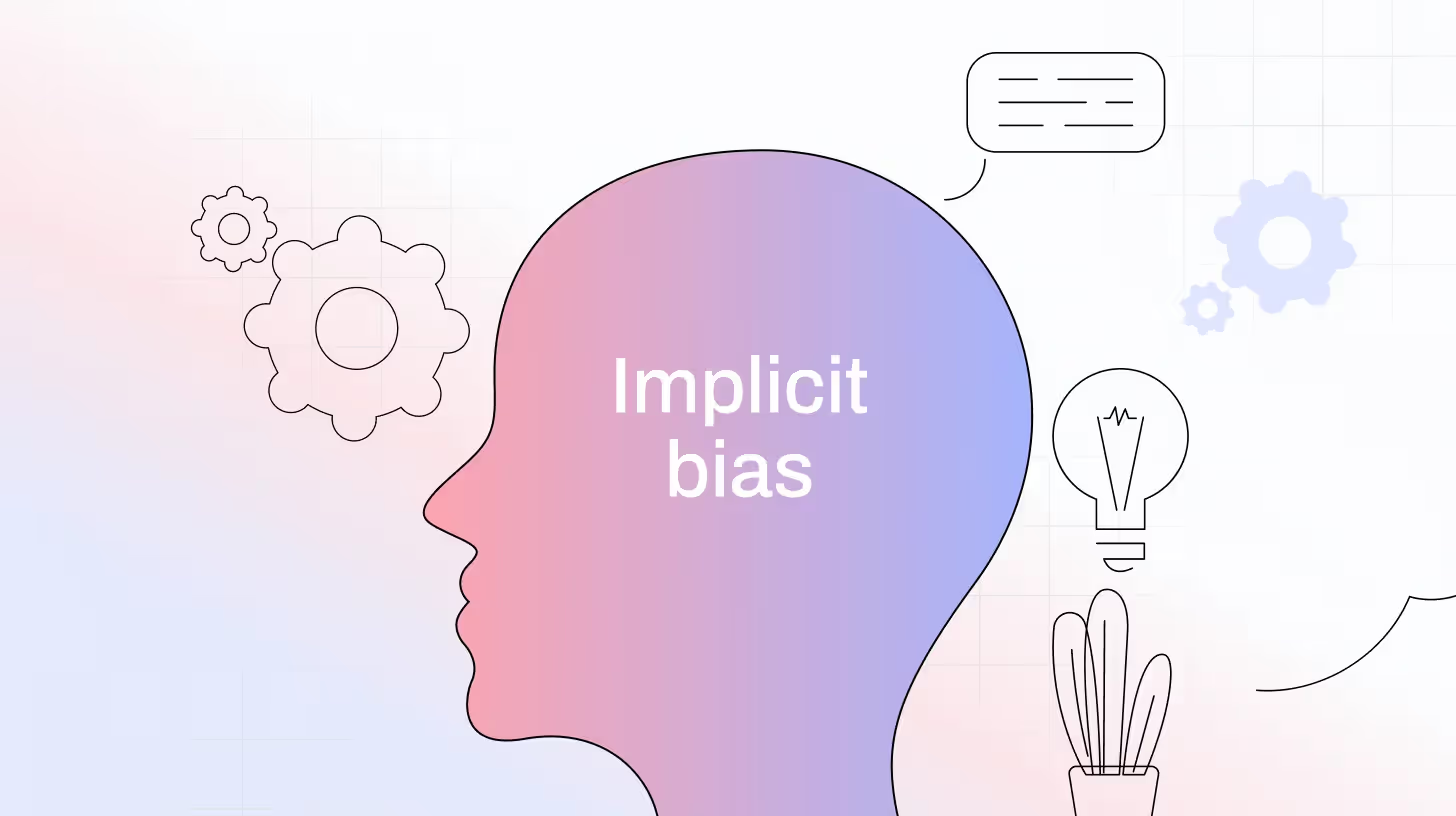 Blog
Blog Should Pre-sales Report Into Customer Success or Sales?
Should Pre-sales Report Into Customer Success or Sales?Should Pre-sales Report Into Customer Success or Sales?

The Pre-sales reporting structure plays a critical role in ensuring customers are a good fit, which begs the question: Should the Pre-sales function report to the Customer Success organization rather than Sales?
We asked this question on LinkedIn, and included the three areas Alex Hesterberg (Delphix CCO) takes into account when making this decision:
1. Most companies operate in pooled models where Sales or Solutions Engineers (SEs) are shared resources. That’s where the tension emerges between Sales and CS: the SE’s capacity is limited.
2. If the company’s growth revenue is primarily coming from new customers, then Pre-sales can live within Sales. Their focus is more on “hunting.”
3. If the company’s growth revenue is primarily coming from existing customers, then Pre-sales should live within Customer Success and be aligned with Sales. In this case, Pre-sales is more focused on landing the right use cases.
Alex also mentioned, “This is definitely not a one-size-fits-all concept, but more about being open to using traditional teams/organizations in what may be considered non-traditional ways as customer demands, competitive landscape, and business needs shift.”
Below you’ll read through some comments from my post about where Pre-sales should live within a company and a few of my responses. Each person we highlight below either voted for Pre-sales to report up to Customer Success or Sales?
People who voted for Pre-sales to report to Customer Success:
- As a best practice this sounds great but when you get the point where company growth is primarily coming from existing customers, this also means there's more pressure to support Account Executives (AEs) pre-sales.
Moving the function is actually harder and, practically speaking, less likely to happen. I think this should be a shared resource that equally supports pre- and post-sales and that more and more it will be rebranded from Pre-sales consulting to value consulting, which should span both prospects and customers. I think this aligns to the shift we're seeing of CS moving out of a Cost of Goods sold (COGs) bucket. I also believe we'll see this shift happen much earlier in leading companies.
My reply: A collaborative, shared resource definitely feels like the best culture for the company. But when there are inevitable competing priorities from Sales and CS, who gets to decide where the resources will be focused?
Their reply: My stake in the ground would be CS. When the team responsible for delivering the outcomes is the same team scoping and setting expectations, you increase the value outcome likelihood for your customers and your business. It's about winning good business, not winning business.
1. CS is home of Pre-sales. Absolutely. We know the customers and product best.
2. This is a good question, Chris. I've been of the mindset that SEs should be under CS. This is for a couple of reasons: SEs and PS usually have very similar tech skillsets. They can be trained together and I've found that they often work well together. The main difference is that SEs tend to live in a theoretical world (perfect environment situations: labs, test environments, etc.) whereas PS deals in reality (production environments where sometimes unknown/unrealized hurdles exist). These two teams working closely together can help develop both teams' skillsets quicker, and new features from development can be understood faster.
As a "shared resource" as you mentioned above, the SEs need to split their time between Sales, CSMs (current customer renewals, upsells, etc.) and channel partner team/program (if this level of maturity exists in the company). Sales usually has the "hunting" mentality, so their focus is singular and understood. However, channel partner teams/programs and CSMs tend to be more focused on growth within a customer environment or within a partner's customer base. Those functions are more aligned with CS and may have a greater need for SEs, depending on your organization's business model.
My reply: Both great comments. Especially what you said about SEs and PS having a similar skillset. There's a good argument that SEs will be better overall performers if they pair with other people that do similar work.
People who voted for Pre-sales to live in Sales:
1. SEs and Sales Consultants (SCs) are pre-sales resources.
CS is post-sales. That’s not to say they don’t collaborate on things. But the job responsibilities should never be blurred between SE’s and CSMs. If they are, the SE always becomes the de facto CSM. The best CSMs I have seen are Support folks that could be SEs but don’t want the stress of Sales or being a BDR with technical chops. They are scrappy and know how to get things done. It would set off alarms to me if an SE wanted to transition to a CSM role. Unless they were running the org.
2. I can't imagine doing my SE work and having CS work on top of that.
I have done both roles and I am not a fan of combining them. SE's and CS should work hand-in-hand though throughout the customer journey!
3. Another way to think about it is: what are the skills Pre-sales needs for success?
The best Pre-sales people know the product first (from a prior role such as in Services). But they need to be trained on selling skills so mentoring/training will be more effective if they reside in the Sales organization. They will also have better relations with the salespeople if they’re on the same team. They can foster a more symbiotic relationship.
My reply: The counter-argument I've heard from CS is that Pre-sales people must deeply understand customers, use cases, and value received. If they're deeply embedded with CS, they'll be much better armed to speak to prospects.
Note: You’ll notice that most people we quoted in this piece voted for having Pre-sales report up to Customer Success. That could be because I have more Customer Success leaders in my network than Sales leaders. If you have an opinion to contribute, I’d really appreciate you adding it to the comments here.
The best resources for Customer Success and Revenue teams this week:
Leading a Remote Team Through a Crisis
As a people leader in times of crisis, “It’s expected and okay to not have all the answers, as long as you’re keeping lines of communication open and taking your staff seriously when they tell you they’re struggling. Be clear that you know that there are challenges, name the challenges you expect, and be open to understanding that others are likely facing difficulties you hadn’t even considered.” Here’s a relevant piece about how to help your team right now.
The #1 Reason SaaS Companies Stall Out at $15m-$20m ARR
What I would change in this piece by Jason Lemkin is the idea that low NPS is the #1 reason for stunted growth. Here’s my reasoning: I could come up with 25+ companies that have fantastic NPS scores that have stalled out. The consistent pattern is that companies fall in love with their product, but not their customer. The result: poor product market fit, low retention rates, and low NRR.
Desperation-Induced Focus
"I have nothing against process. But I think startups generally implement them way too early and way too often. [...] In reality, process is not my problem. It’s what discussions around new processes often preview within a company. Lack of focus. Peacetime thinking. Complacency." Ex-COO of Instacart, , with an excellent post about the advantages created from having your back up against a wall.
The best resources for Customer Success teams this week
Leading a Remote Team Through a Crisis
As a people leader in times of crisis, “It’s expected and okay to not have all the answers, as long as you’re keeping lines of communication open and taking your staff seriously when they tell you they’re struggling. Be clear that you know that there are challenges, name the challenges you expect, and be open to understanding that others are likely facing difficulties you hadn’t even considered.” Here’s a relevant piece about how to help your team right now.
The #1 Reason SaaS Companies Stall Out at $15m-$20m ARR
What I would change in this piece by Jason Lemkin is the idea that low NPS is the #1 reason for stunted growth. Here’s my reasoning: I could come up with 25+ companies that have fantastic NPS scores that have stalled out. The consistent pattern is that companies fall in love with their product, but not their customer. The result: poor product market fit, low retention rates, and low NRR.
Desperation-Induced Focus
"I have nothing against process. But I think startups generally implement them way too early and way too often. [...] In reality, process is not my problem. It’s what discussions around new processes often preview within a company. Lack of focus. Peacetime thinking. Complacency." Ex-COO of Instacart, Ravi Gupta, with an excellent post about the advantages created from having your back up against a wall.
Success Happy Hour is a weekly newsletter for Customer Success leaders. Each week we feature one digestible piece of advice or a framework from a top Success leader, along with the best resources from that week. Subscribe here.





.webp)









.svg)